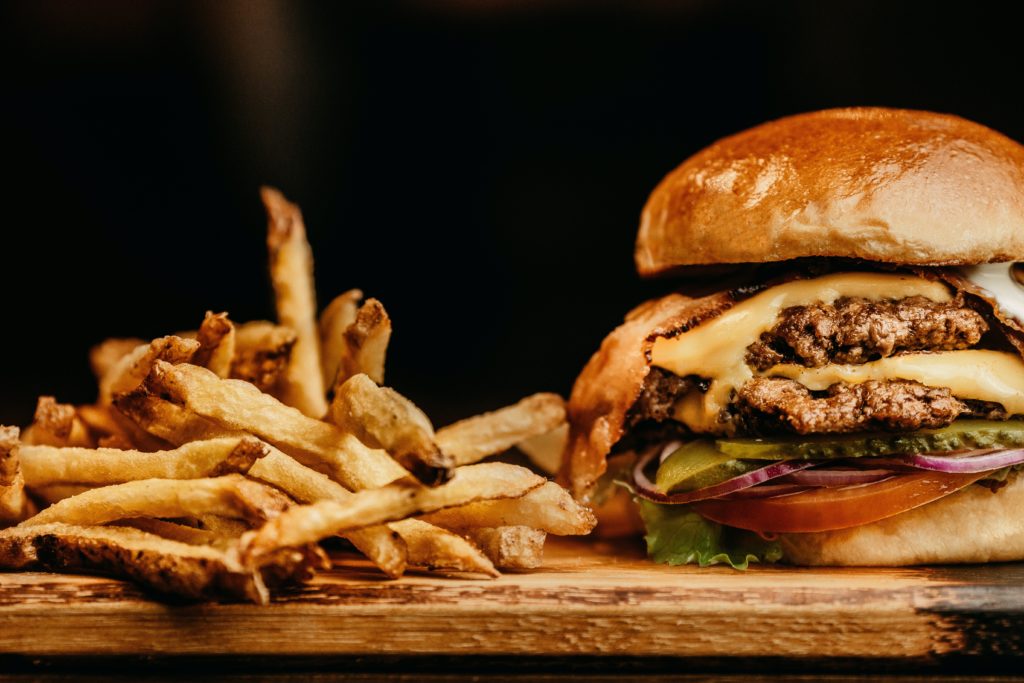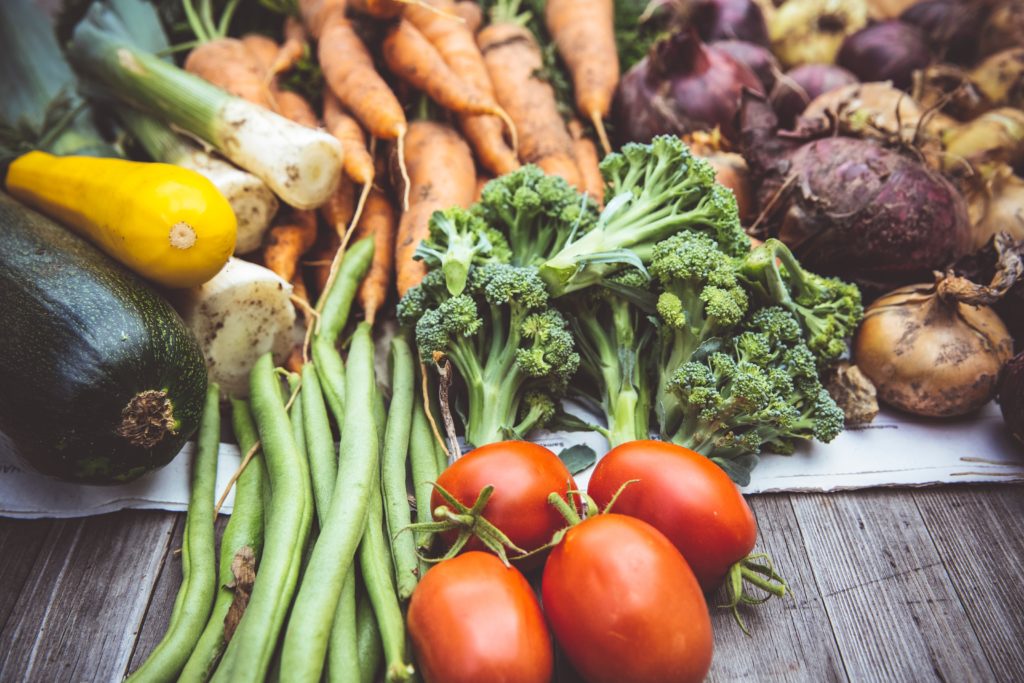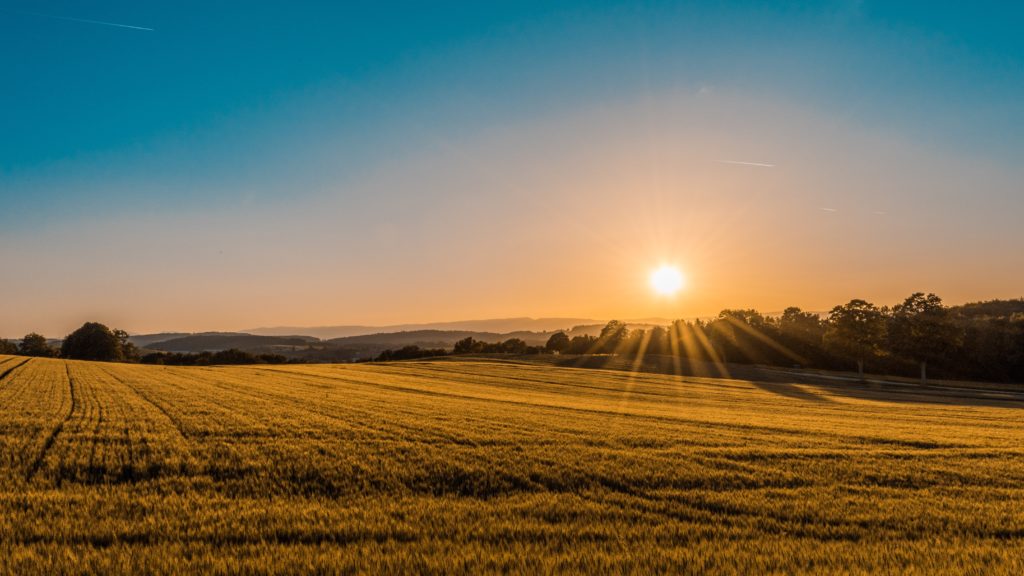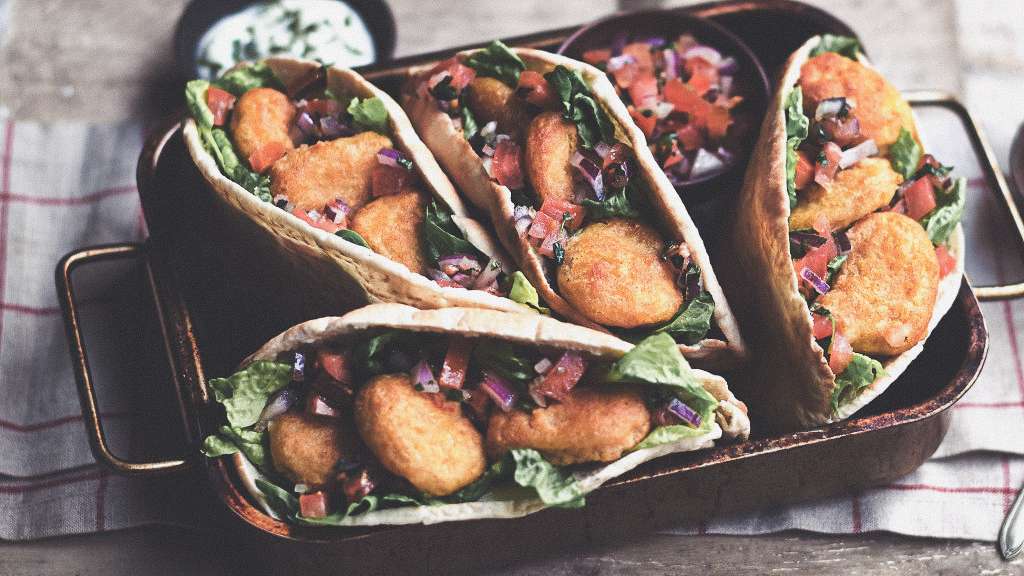Vegan meat brand Quorn says climate change, obesity, and the threat of future pandemics that could be worse than covid, must be tackled together. And right now.
“We believe we don’t have the luxury to tackle obesity, pandemics, and climate change separately any longer at a policy or from a food industry perspective,” Tess Kelly, Quorn’s sustainable development manager said during the Westminster Health Forum in 2020.
Greening up for the planet
A U.K. based alternative meat brand, Quorn (pronounced like ‘corn’) is the world’s largest meatless meat producer. The range of products is mostly vegan, but part of its commitment to global change includes a transition away from non-vegan ingredients, like egg whites, found in some of its products. It says the largely animal-dependent food industry should be held accountable for “protecting and regenerating food systems and the environment.” It’s starting by making its own brand the most sustainable it can.
According to Quorn, at least 26 percent of global greenhouse gas emissions come from food—and animal products account for half of the industry’s global carbon emissions.

Speaking to the Lancet Commission’s 2019 report, “The Global Syndemic of Obesity, Undernutrition, and Climate Change,” Kelly told the Health Forum attendees that the link is evident. “The report builds on a huge body of evidence,” she said. Kelly pointed to the inequalities in the food system and how it’s led to a rise in both obesity and malnutrition as well as climate change.
Diet and obesity
A growing body of research continues to link meat consumption to the global obesity epidemic. A 2016 study found that meat contributed to obesity “at the same extent as sugar.” Other research has found chicken, often thought to be healthier than red meat, contributed the same cholesterol risks.
Recent World Health Organization data found that the worldwide prevalence of obesity nearly tripled between 1975 and 2016. Nearly 2 billion people—almost one-third of the global population—were obese in 2016, with more than 13 percent of the population, or 650 million, clinically obese.
The obesity rates are on the rise for children, too: In 2019, more than 38 million children under the age of 5 years were overweight or obese.

In 2019, Quorn launched a £12 million healthy eating campaign to help tackle the obesity epidemic. The “Healthy Protein. Healthy Planet” campaign highlighted the range of meat-free products and positioned them as healthy alternatives to traditional meat meals.
“We are seeing a shift in consumer attitudes towards meat reduction and with the majority of the UK now meat reducing in some way, we have reached a tipping point,” Alex Glen, marketing director at Quorn Foods U.K., said in a statement.
To that effect, the brand enlisted daytime talk show host Drew Barrymore as its “Chief Mom Officer” last September. She’s lending her culinary expertise to help develop new products, create recipes, and share ideas about how to incorporate more vegan meat for a healthier, more sustainable mealtime.
“This partnership is very personal for me. As a mom of two daughters, I know the importance of having affordable, easily accessible and delicious options that I feel good about serving my kids. I love this brand because the integrity of its mission truly motivates me and I’m honored to be joining as Chief Mom Officer,” Barrymore said in a statement last year.
Like a growing number of meatless meat consumers, Barrymore herself is not vegan or even vegetarian. She falls into the “flexitarian” demographic, which is driving demand for vegan products across all aisles.
Eating for the climate
According to Glen, consumers now recognize the need for more sustainable diets that are “less impactful on the planet.” He says 57 percent are now aware of the benefits of reduced meat consumption to the environment.
In early 2020, Quorn launched the “Farm to Shop” carbon footprint data, which is certified by the Carbon Trust. It provides information on the brand’s 30 top-selling products.

But efforts by the brand to draw attention to the issues haven’t all been successful. In 2020, an advertisement for one of the company’s instant Wonder Grains product was deemed misleading by the U.K.’s Advertising Standards Authority. The concern was over climate footprint claims.
“I care about climate change and I love my food,” the voiceover stated in the ad. “So new Quorn Wonder Grains is a step in the right direction because it helps us reduce our carbon footprints and that’s got to be good. If you care about climate change, take a step in the right direction with new Quorn Wonder Grains.”
The ASA said it received dozens of complaints about the ad, which included on-screen text about the company’s Carbon Reduction Footprint certification. “Because (neither the advert nor the on-screen text)clarified what the claimed reduction of the carbon footprint was being measured against, viewers would not know on what this reduction was based,” the ASA said in its review of the ad.
“This is about giving people the information needed to make informed decisions,” a Quorn spokesperson said.
Preventing Future Pandemics
Now, in the wake of the covid pandemic, which has been attributed to more than six million deaths worldwide, the U.K.-based company says its especially interested in the link between the food industry and pandemics.
“We know that 75 percent of infectious diseases originate from animals,” Kelly said at Westminster.
“And the fact that our food system —especially industrial agriculture —is continuing to degrade and encroach on our wild environments, and increase our contact with wild animals (and increase the inequalities that we see in society) [makes it] clear we must not only address consumption behaviors, but we must also address the way that we produce food together, using all evidence available to us.”


